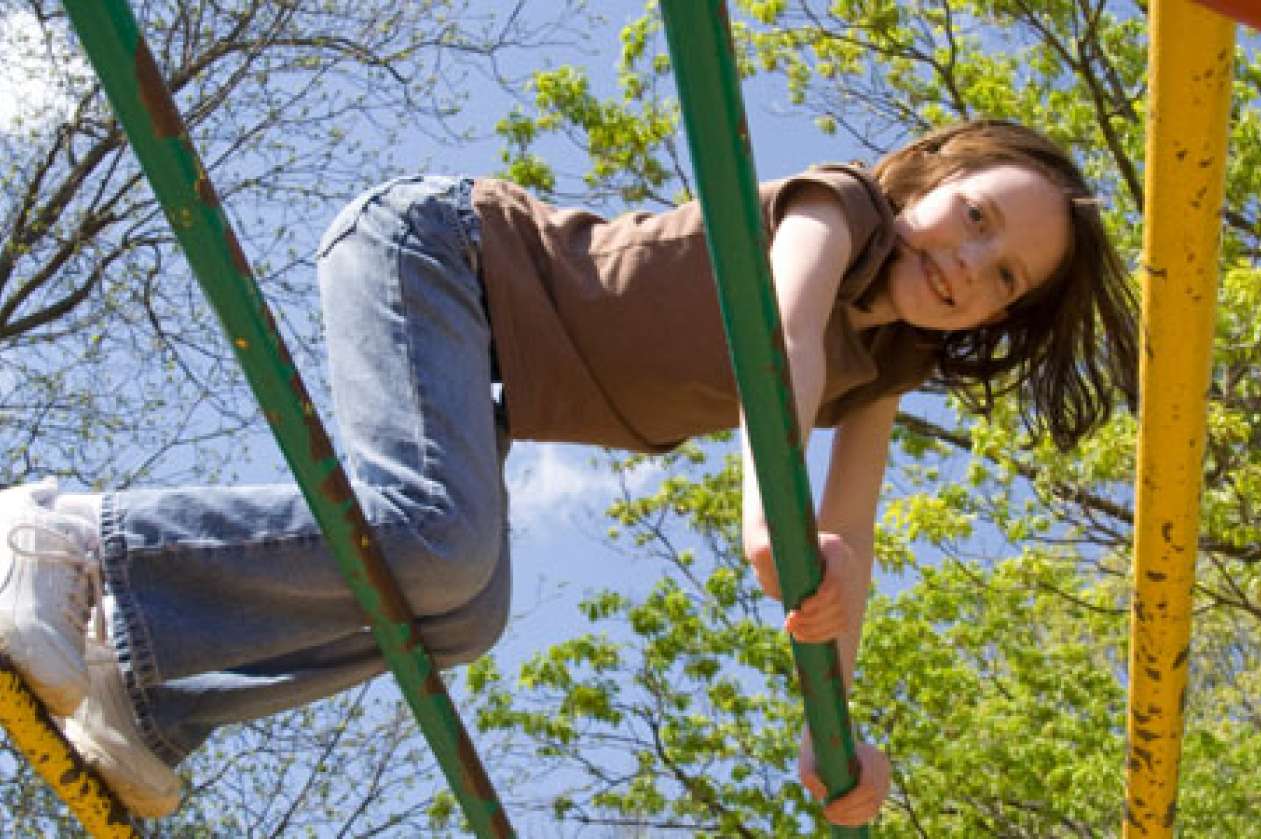
7 C’s of resilience
Kids love to play. If you’re a parent, you’re probably already aware that unstructured playtime helps your children explore their interests and develop their creativity.
But did you know that it’s also an important element to building resilience?
Kenneth Ginsburg, a pediatrician at the Children’s Hospital of Philadelphia, maintains that play is integral to building resilience in children ― a necessary attribute to becoming happy, productive adults.
In his new book, Building Resilience in Children and Teens, Ginsburg argues that the best ideas haven’t been thought of yet. “If you have people who are only thinking about fitting in the box, then you aren’t going to get ideas outside the box,” he said at an event hosted by the Bay Area Discovery Museum.
Here are the 7 Cs of resilience Ginsburg advises parents to keep in mind when raising their kids:
- Competence: Young people need to be recognized when they’re doing something right and to be given opportunities to develop specific skills. If your child shows a love or aptitude for a specific skill, activity or sport, let them know you’ve noticed and encourage them to keep practicing.
- Confidence: Confidence comes from building real skills that parents and educators can teach and nurture. Confidence can be easily undermined, but also bolstered by tasks and activities that push learners without making the goal feel unachievable. It’s why teaching the right skills to kids at an appropriate age is so important.
- Connection: Being part of a community helps kids know they aren’t alone if they struggle and that they can develop creative solutions to problems. Teams and clubs can provide this.
- Character: Kids need an understanding of right and wrong and the capacity to follow a moral compass. That will allow them to see that they cannot be put down.
- Contribution: The experience of offering their own service makes it easier for young people to ask for help when they need it. Once kids understand how good it can feel to give to others, it becomes easier to ask for that same support when it’s needed. And being willing to ask for help is a big part of being resilient.
- Coping: Kids need to learn mechanisms to manage their stress by learning methods to both engage and disengage at times. Some strategies for doing this include breaking down seemingly insurmountable problems into smaller, achievable pieces, avoiding things that trigger extreme anxiety, and just letting some things go. After all, resilience is about conserving energy to fit the long game and kids need to know realistically what they can affect and what should be let go.
- Control: Kids need to feel like they have a degree of control over their lives and environment. This is why they push the limit.






i want cite this article please
You missed out the most immportant C, that of Communication, which is esesntial for emotional and intellectual resilience. You need to be able to articulate your feelings and to justify your points of view and opinions against someone who disagrees. If you are going to call for safe places and demand that people you disagree with get fired or de-platformed, then you will remain a quivering snowflake for the rest of your life. You can’t call that Resilience.